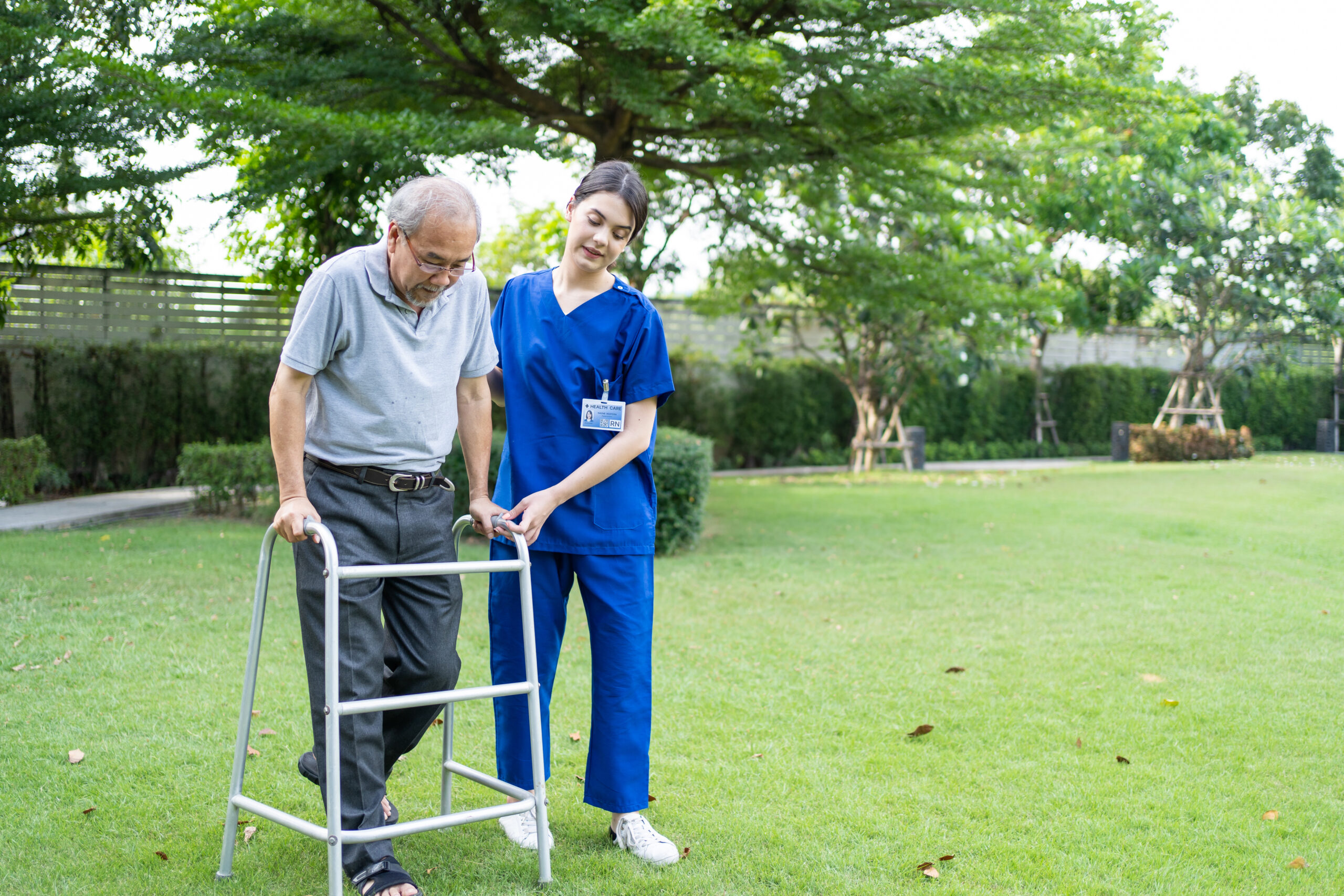How often should safeguarding training be carried out?

Safeguarding training should be updated and refreshed regularly to equip individuals with the most up-to-date knowledge and skills required for them to protect the vulnerable people they work with.
A vulnerable person can be an adult or a child, the term can refer to anyone who does not have the mental or physical ability to care for themselves or protect themselves from harm, neglect, or exploitation.
Everyone has a duty of care to protect any vulnerable people that they come across at work from harm.
There are some sectors and roles where safeguarding is particularly important, including health and social care and education. In these sectors, safeguarding training helps organisations to meet their legal duty of care to protect the health and wellbeing of all vulnerable people in the organisation’s care.
Does safeguarding training need to be refreshed?
Safeguarding training is a legal requirement for most people who work in a role where they come into close contact with or care for children or vulnerable adults.
Some of this training may be carried out in-house by an organisation’s safeguarding lead.
According to a Government document titled ‘Keeping children safe in education’, ‘The designated safeguarding lead and any deputies should undergo training to provide them with the knowledge and skills required to carry out the role. The training should be updated every two years.
‘In addition to their formal training as set out above, their knowledge and skills should be updated (for example via e-bulletins, meeting other designated safeguarding leads, or taking time to read and digest safeguarding developments), at regular intervals, and at least annually, to keep up with any developments relevant to their role.’
Generally, everyone who has a responsibility to safeguard vulnerable people at work should undertake safeguarding training and have this training refreshed once every two years.
Those that have trained to work as a designated safeguarding lead or hold a safeguarding training certificate should take a refresher training course within two years or before their certificate expires, whichever comes first.
Benefits of refresher safeguarding training
Safeguarding legislation, guidance, and best practice is constantly being reviewed, changed, amended, and updated.
Regularly refreshing your training will help to ensure that your organisation’s safeguarding policies and procedures always reflect the safest, most effective, and up-to-date advice and guidance.
Failure to adhere to the most recent safeguarding guidance and legislation could mean that safeguarding concerns go unnoticed or unreported, resulting in a serious incident for your organisation, or even prosecution.
Taking regular refresher training in safeguarding helps employees to act calmly, confidently, and decisively to safely identify and report safeguarding concerns to help protect vulnerable people from harm or exploitation.
Find out more about the six principles of safeguarding here or speak to a member of our team about the safeguarding training that we offer at CBAT by calling 01772 816 922 or emailing admin@cba-training.co.uk.